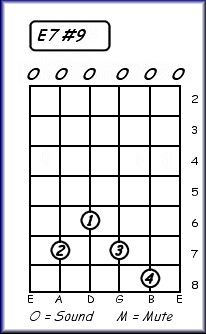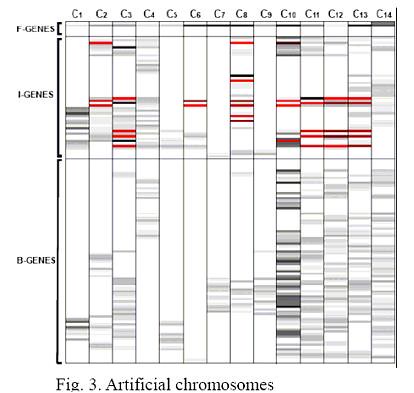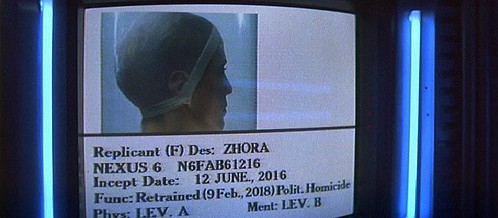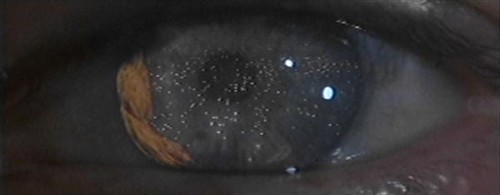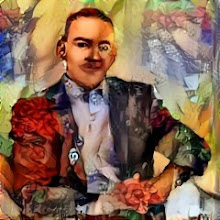Here is a backgrounder:
Some time ago V.S. Ramachandran director of the Center for Brain and Cognition and the professor of
psychology and neuroscience, at the University of California, San Diego proposed that the mysterious leap that happened in human evolution 40.000 years ago could perhaps be at least in part explained in the light of Mirror Neuron and the memetic- or cultural evolution it enabled.
If you want to see a good basic introduction: there is a great 14 minute popular science movie about Mirror Neurons here.
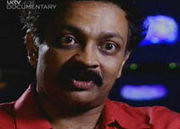
The discussion that followed Ramachandran's Edge.org article included interesting contributions.
One of those was the idea that Artificial Mirror Neuron should be understood as the seat for our "Machiavellian Primate" -ability, i.e. as the key in our ability to "read minds" in order to predict other peoples' behavior and then outsmart them.
This idea is based on research made by the inventors of Mirror Neuron at the University of Parma, prof. Giaccamo Rizzollati and
Vittorio Gallese and such scholars as prof. Michael A. Arbib. The basic ideas and arguments of the Machiavellian primate thesis can be read here. This article contains several important findings. I will report on those in my next posting. Stay tuned!
According to this idea the Mirror Neuron is THE human brain mechanism for recognizing the meaning of actions made by others. Based on neuroscientific evidence Arbib and Rizzolati expand this argument into the area of the evolution of languages: “This mechanism provides the neural prerequisite for development of inter-individual communication, and finally of speech,” Arbib says.
 prof. Michael A. Arbib
prof. Michael A. ArbibFor communication to succeed the individual receiving a message must recognize the significance of that signal. Mirror neurons provide a mechanism - an abstract layer - for the sharing of meaning.
There is a potential revolutionary aspect in these findings. It seems it is the very same thing that provides us the experience of Being (or "Sein" in the existentialist meaning of the word) and Co-Being. When I see and feel my hand taking an apple the very same Neurons fire as if I see an other person reaching for the same apple.
Sigmund Freud (1856–1939) and his idea of unconscious caused the last major revolution in human sciences. Freud suggested that our experience of such fundamental apects of our being as self and will may in fact be delusions; that we are not entirely aware of what we are and think and we often act for reasons that have little to do with our conscious thoughts.
The recent results of neuroscientific laboratories studying mirror neurons may have similar tectonic impacts in human sciences. Mirror neurons seem to have a central role in building identity relations. This seems to imply that they could provide a sub-personal explanatory framework for intersubjectivity.
synaesthesia
mirror neuron

